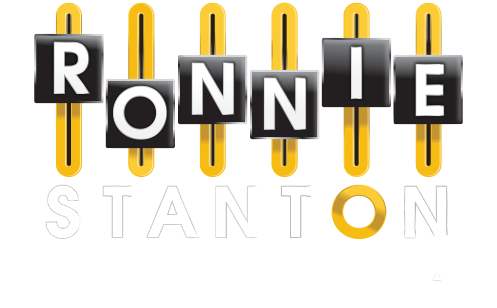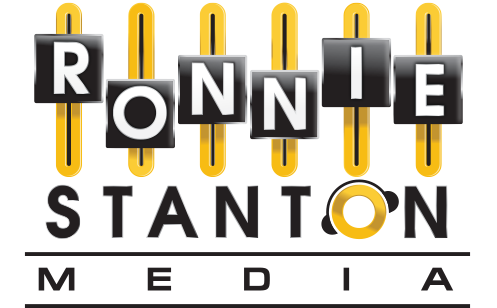For computers, everything is binary.
Every single function, every piece of stored memory, every calculation, every photo or video is controlled or ‘created’ by a series of zeros and ones. Even the words on the screen you are reading right now are actually a collection of digital switches that are either set to on or off.
These zeros and ones burst to life in ENIAC, the first electronic computer, ‘born’ in 1946 at the University of Pennsylvania. But the fundamentals of binary were discovered in 1701 by Gottfried Wilhelm Leibniz, the same sick individual who invented Calculus (torturing students of mathematics for centuries). Even with all the computing developments of the last seven decades, the principles are the same, each on off is a bit, eight of those form a byte and so on and so on.
For humans, though, not everything is binary.
Every single function for us is primal, chemical, emotional. We aren’t shackled by cut and dry zeros and ones. We operate in the nuanced grey areas between yes and no, hot and cold, love and hate, happy and sad.
Phone topics should be the same.
Pure, opinion driven topics that require a simple yes or no answer may be a trustworthy tool to get the phone ringing, but the success or failure of a phoner should not be decided by the number of calls received. The quality of the calls is what matters, the quantity is nothing more than an ego stroke. Wide topic selections will generally garner you better, more interesting, more colourful calls (and callers). ‘Does pineapple belong on a pizza?’ will get you yes / no answers; ‘Weird pizza toppings’ will get you stories. Topics that start with ‘do’; or ‘should’ feel closed, aim for ‘what’, ‘when’ and ‘why’ topics will cast a wider net.
Great morning shows flick emotional switches every day. Make the audience feel, and your show will thrive.


